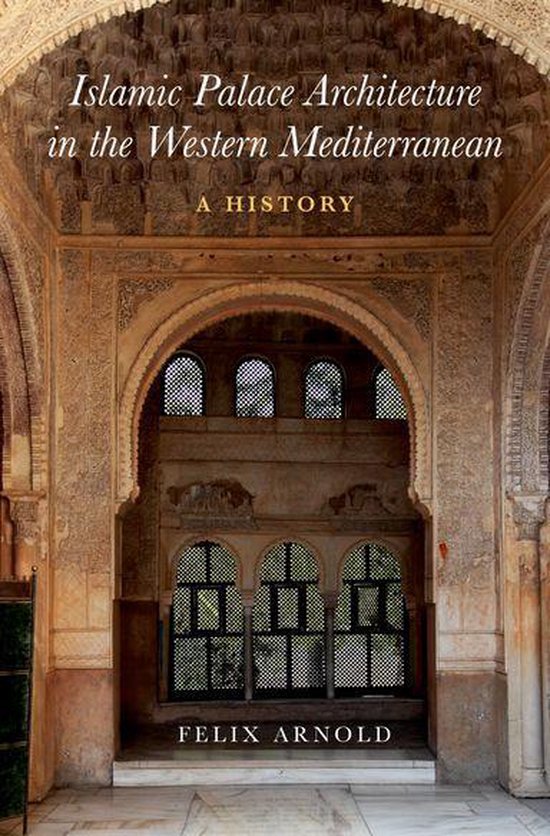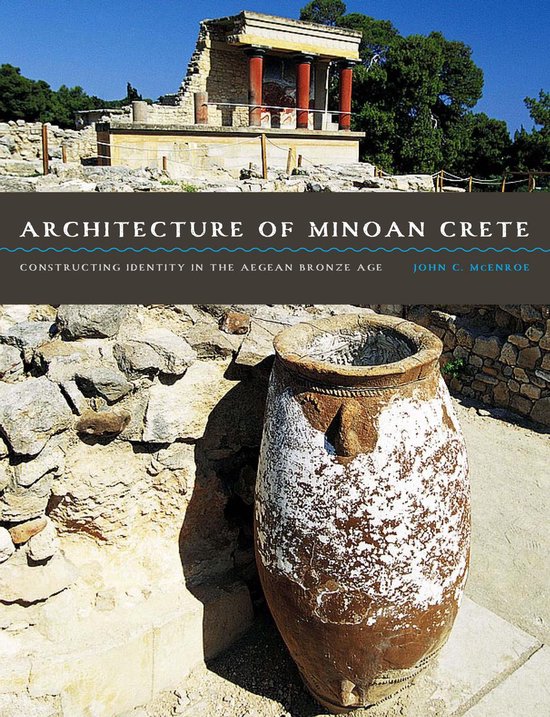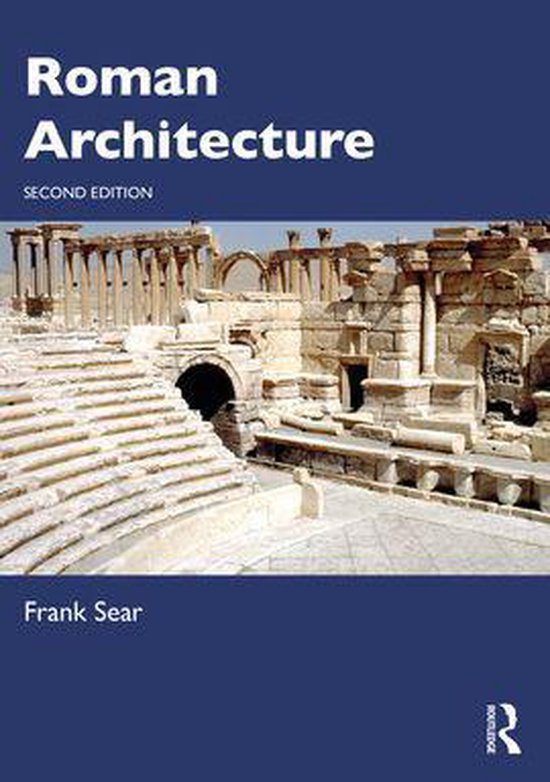
Islamic Palace Architecture in the Western Mediterranean
Palaces like the Aljafería and the Alhambra rank among the highest achievements of the Islamic world. In recent years archaeological work at Córdoba, Kairouan and many other sites has vastly increased our knowledge about the origin and development of Islamic palatial architecture, particularly in the Western Mediterranean region. This book offers a comprehensive and up-to-date overview of Islamic palace architecture in Spain, Morocco, Algeria, Tunisia and southern Italy. The author, who has himself conducted archaeological field work at several prominent sites, presents all Islamic palaces known in the region in ground plans, sections and individual descriptions. The book traces the evolution of Islamic palace architecture in the region from the 8th to the 19th century and places them within the context of the history of Islamic culture. Palace architecture is a unique source of cultural history, offering insights into the way space was conceived and the way rulers used architecture to legitimize their power. The book discusses such topics as the influence of the architecture of the Middle East on the Islamic palaces of the western Mediterranean region, the role of Greek logic and scientific progress on the design of palaces, the impact of Islamic palaces on Norman and Gothic architecture and the role of Sufism on the palatial architecture of the late medieval period.
| Auteur | | Felix Arnold |
| Taal | | Engels |
| Type | | E-book |
| Categorie | | Kunst & Fotografie |



